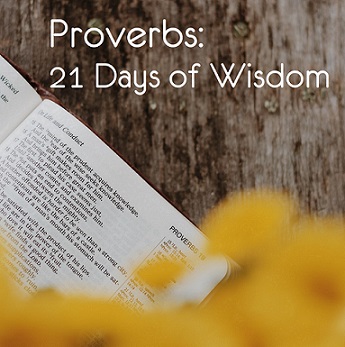Day 20: How do you respond to a LGBTQ+ loved one?
Proverbs 15:1,
“A soft answer turns away wrath, but a harsh word stirs up anger.”
One of the most important issues of our day revolves around the LGBTQ+ community. The result of a determined mission to campaign and lobby for LGBTQ+ rights by many organizations has led to sweeping changes of legislation, practice and general acceptance across society.
Understandably, the church has been caught off guard by the speed and determination of the LGBTQ+ movement. In many ways the church has lacked a coherent response as a result. Some mainstream churches and denominations have been compliant to the LGBTQ+ agenda which has resulted in affirmation and endorsement in an attempt to be perceived as inclusive and tolerant to today’s culture. Some churches have drawn a line and stood firm on biblical morality but unfairly implied that those who fall within an LGBTQ+ category are worthy of special condemnation. How should the follower of Christ approach this explosive issue in a compassionate way that demonstrates Christ’s unconditional love without compromise?
As Proverbs 15:1 notes, how we answer will either turn away resentment or stir up anger. Although there is no foolproof way to address this issue, the following approach has been successful for me. Seeing the person and not their sin has a way of opening doors. First start with the person, not the group. In most information and discussions about LGBTQ+ the focus is on the group. As a result, people often interact from a group perspective, which allows the person to hide in and behind the group. If you unravel the person from the group, their individual needs can be the topic and focus.
Secondly, ask questions. We often approach sinners from a biblical perspective. For example, we may define a biblical position on God’s ideal model of marriage and sexuality supported by scripture to our LGBTQ+ loved one. This is a very effective model for those who believe. However, those who do not believe in God are not bound to the rules of God. You might as well take a bible and slap them over the head with it, which would be just as effective. Instead, we can meet them where they are and be more God-like in our approach. When Adam and Eve sinned, God didn’t scold them nor did he hit them with a spiritual bible. God asked questions. “Who told you that you were naked?” “What have you done?” In their response, they were convicted by their own words. We are better served asking questions and following God’s model of asking questions like, “When did you know you were trans?” “What is it like to be trans?” Let their own words free them through conviction of the Holy Spirit.
Third, listen—without judgement or commendation. Listen as one who loves the person with love that is patient and kind. Love that “does not envy, it does not boast, it is not proud. It does not dishonor others, it is not self-seeking, it is not easily angered, it keeps no record of wrongs.” Love that “does not delight in evil but rejoices with the truth.” (see 1 Corinthians 13) Love that “always protects, always trusts, always hopes, always perseveres.”
Action: Pray that you can have a conversation with someone in the LGBTQ+ community.

